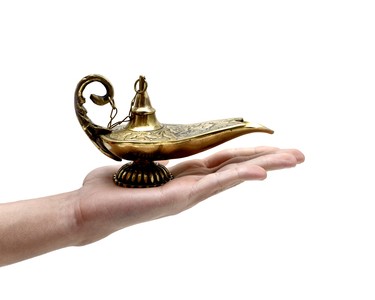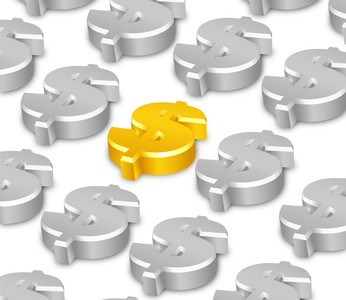Most people would agree that innovation is important. But not every company takes it seriously. Innovation is what keeps your business relevant as the needs of your customer change, and as your competition evolves.
It’s tempting to believe that in a cost-driven, mature market, efficiency is the key – that close management of costs and efficient and predictable processes are what makes the difference. But this is a mistake.
Of course, efficiency and cost management are part of every company’s operational plan, and in the environment where there’s not a lot of overall market growth, cost overruns can badly hurt a public company through missed operating margin targets. But the real challenge in a mature market is to change the game. Read more





